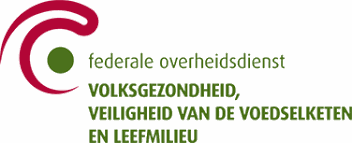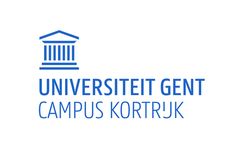Mycotoxins in vegetarian protein-rich food an high-fiber food - MYCOPROF
Funding
Project Summary
Mycotoxins are secondary metabolites causing toxic effects in humans and animals. Since new transitions in the food industry are ongoing, it is necessary to closely monitor mycotoxin concentrations. The major research question of MYCOPROF is ‘how these transitions impact the mycotoxin exposure within the Belgian population’. First, there is an upward trend in the consumption of vegetarian products, some of which are based on plant proteins, for which the presence of mycotoxins is not investigated yet. Therefore, different vegetarian food products (plant- and dairy based) will be analysed, in order to collect more occurrence data. Next to this protein transition, there is a higher interest in a circular economy. Consequently, the valorisation of protein-rich and high-fiber byproducts is on the rise. However, it is not clear how or to what extent mycotoxins are transferred to these byproducts. Furthermore, the consumption of high-fiber cereals and pseudo-cereals instead of refined grain products is increasing. The elevated consumption of whole-grain products could imply an increased mycotoxin exposure, which is another research topic to investigate in this project. The presence of deoxynivalenol (DON) together with its modified forms 3-acetyl-DON, 15-acetyl-DON and DON-3-glucoside in these products is of particular importance. More research data are needed to explore whether the consumer needs to be protected by expanding the limit for DON to total DON. It is of paramount importance to control mycotoxin presence in relation to these changing consumption patterns to ensure food safety.
Partners
Duration
- Start: 1st March 2022
- End: 31st August 2023

